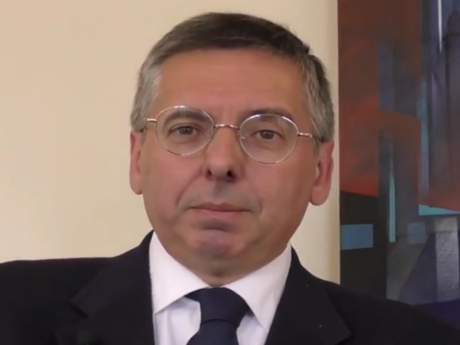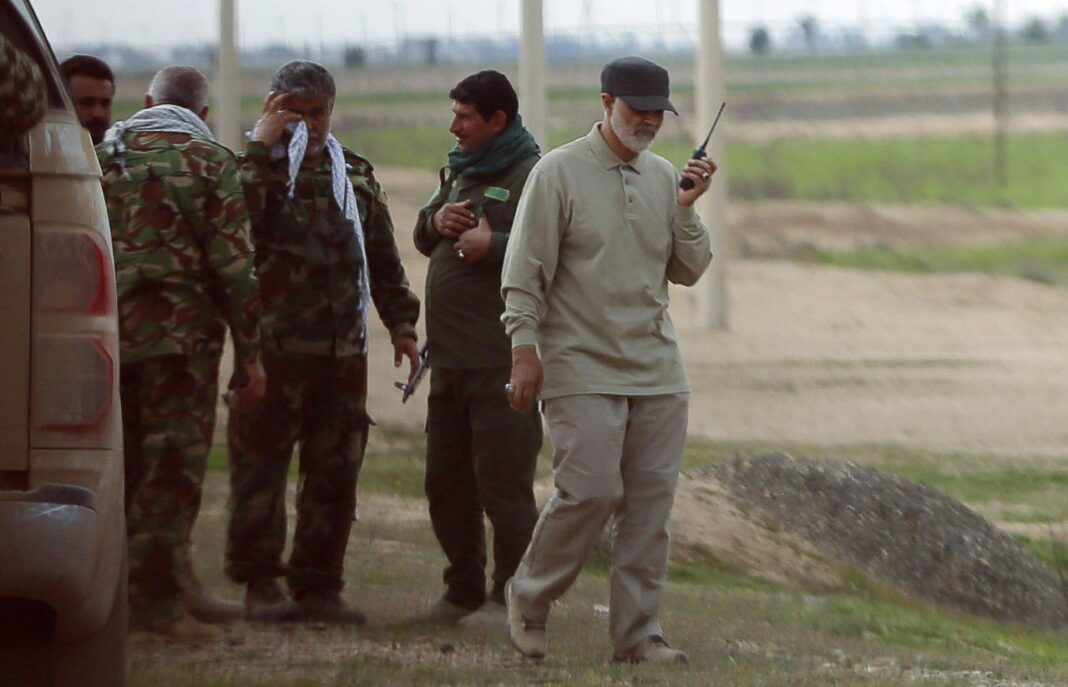IRGC Quds Force Commander Major General Soleimani is now widely known in the world as an elite commander. You can find his traces not only in Iraq, Syria or other Middle Eastern countries but also in any country across the globe that is struggling with a crisis. He used to be a low-profile military figure about one decade ago. But, today, the top general is regarded as a relatively high-profile figure in Western Asia. He is now a symbol of defending the oppressed in the world. That’ s perhaps why, even in Jordan, the representative of the protesters who are fed up with their officials’ shortcomings threatened the ruling establishment with “inviting Major General Soleimani to come in and take our right by force.”
A few weeks ago, the BBC Two channel broadcast a documentary named Shadow Commander on the life of General Soleimani. Through archive footages and videos posted on social media, the documentary tried to elaborate on the role played by the Iranian commander in the region. The documentary also sought to frame the role without taking into account the functions of Iran’s foreign policy apparatus.

Q: BBC’s documentaries are widely known for their technical aspects. Don’t you think that the documentary on the Iranian General was relatively weak in technical terms?
A: I don’t have a deep understanding of BBC documentaries. That’s why I don’t have any idea about this. But, I can say that the documentary on General Soleimani was too weak in terms of content. On the other hand, we should have this point in mind that the general is a shadow military figure. That’s why having a full coverage of his operations in the region is near to impossible.
Q: In the documentary, the general is portrayed as a military figure who seeks to establish ties with the Americans but his efforts are thwarted by the Western sides. In your article on the documentary, you rejected this point saying that realities on the ground are totally different.
A: I rely on my experiences as a former diplomat in Baghdad. I don’t like to exaggerate my experiences. Sometimes, my American counterparts called on me to arrange a meeting with Iranian diplomats in Iraq but the requests were always rejected by the Iranian side. I can’t disclose further details about the issue. Interestingly enough, I saw some American officials who took part in interviews with BBC claiming that it was the Iranians who were enthusiastically seeking to establish ties with the American side but the Americans rejected the calls. This is based on my experiences. The reality on the ground is totally different from what is said in the documentary.
Q: It seems the American forces in the BBC documentary raise false claims that they highly respect Major General Soleimani. Why do you think they raise such claims?
A: I should admit that the US troops deployed in Iraq have a deep understanding of General Soleimani. They praise his capabilities. Through the Quds Force, Iran has managed to impede the American military’s progress in the Middle East. The American forces have no choice but to accept the general as a key military figure in the region. I had some personal meetings with American officials and they admitted during the meetings that if it was not for Iran’s immediate meddling in Iraq in 2014, Baghdad and Erbil would have fallen to ISIS.
